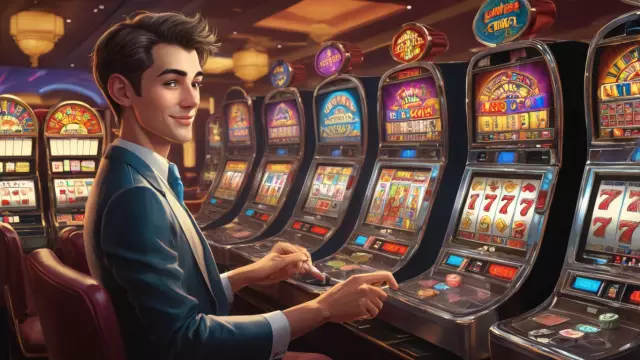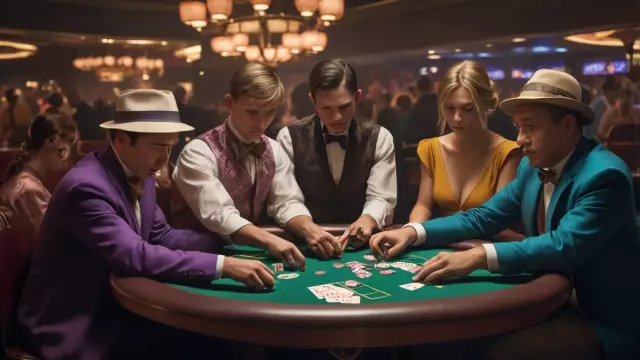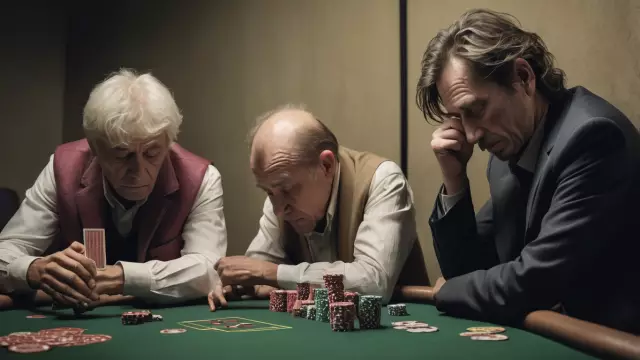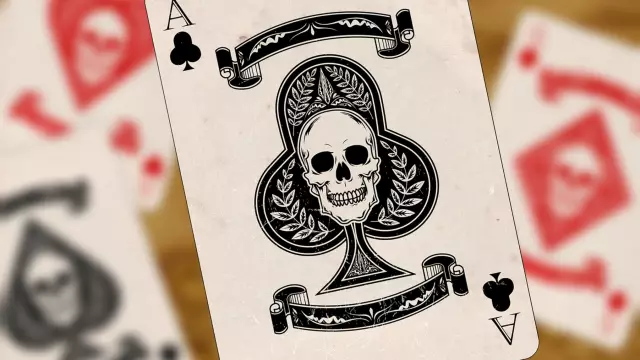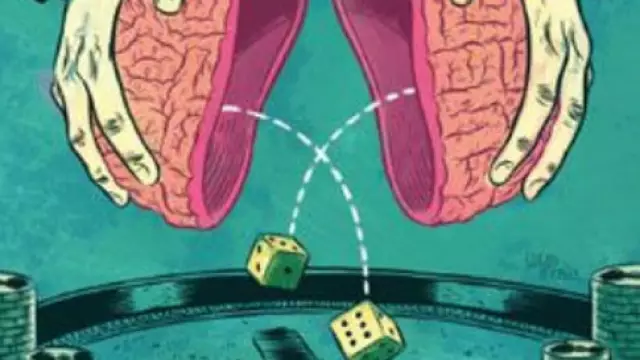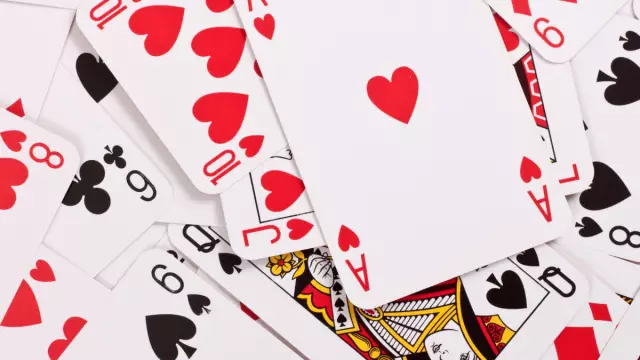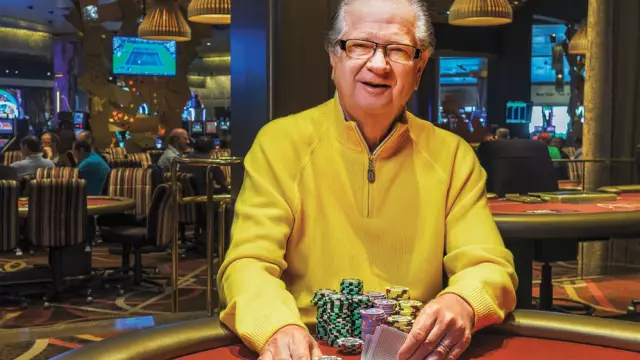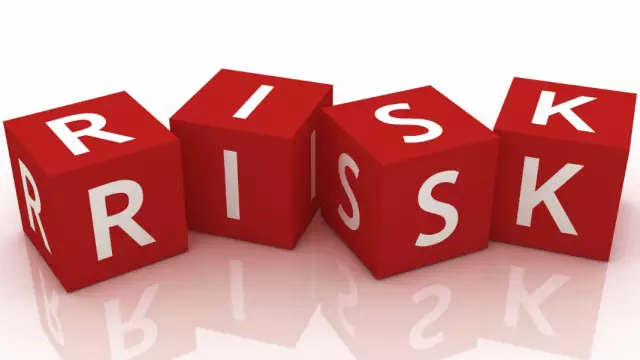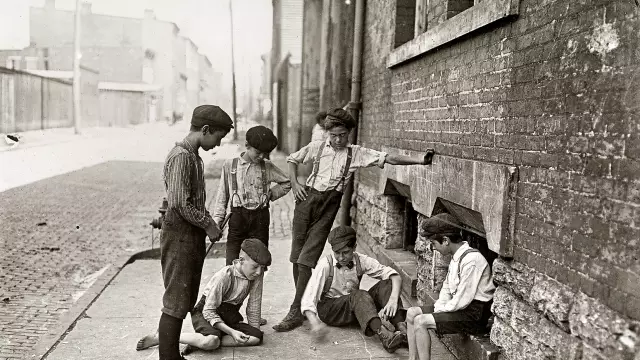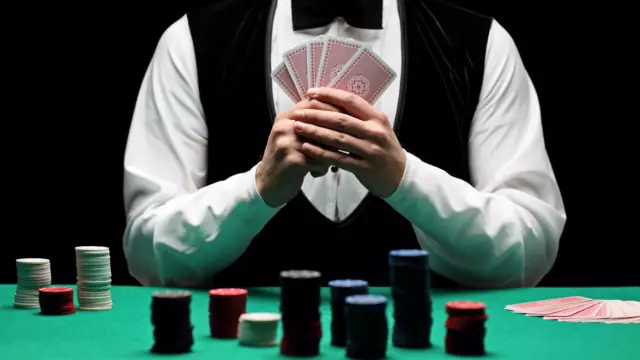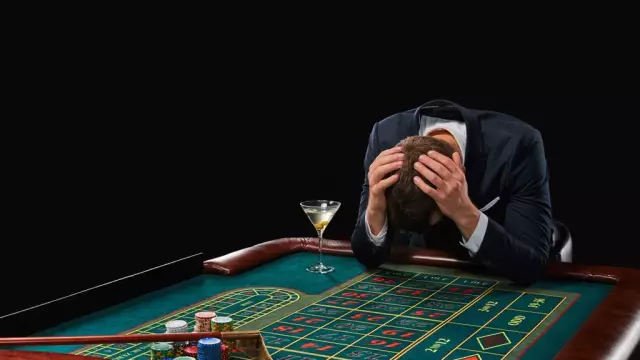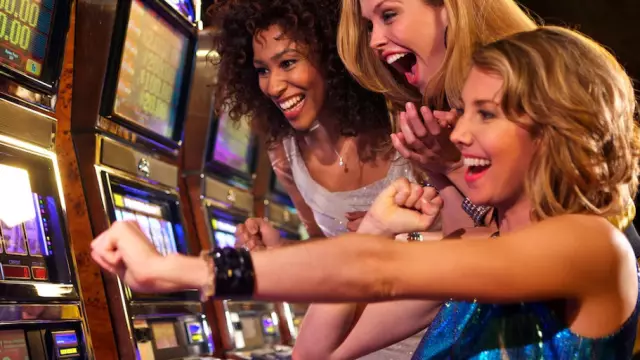Psychologists have long been interested in gambling because this area is associated with many exciting phenomena. Also, this type of entertainment carries enormous risks for people who are unable to control their passions.
The place of psychology in the gambling business is discussed in this section of Casinoz, the best online gambling guide.
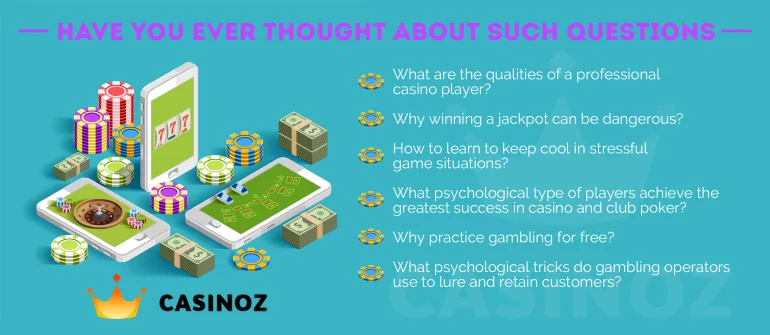
Psychological Aspects of Gambling in 2026
Have you ever thought about such questions:
- What are the qualities of a professional casino player?
- Why winning a jackpot can be dangerous?
- How to learn to keep cool in stressful game situations?
- What psychological type of players achieve tremendous success in casino and club poker?
- Why practice gambling for free?
- What psychological tricks do gambling operators use to lure and retain customers?
Answers to these and many other questions about the psychology of gambling can be found in the articles at Casinoz.
Gambling addiction
You are sure you'll never become a gambler. You think gambling is a sign of weakness.
Believe us, many compulsive gamblers thought the same before they became a victim of this dangerous disease.
Moreover, many of them refuse to admit that they have serious problems.
Read articles about gambling addiction at Casinoz. They will make you look at this issue differently.
Signs of Gambling Addiction
Answer a few questions.
- Were you absent from work because of gambling?
- Have you ever spent money in a casino that was saved for other purposes?
- Did you hide your passion from your loved ones?
- Do thoughts of the game distract you when you do other things?
If you have given at least one definite answer, we advise you to take quizzes to help determine whether you have problems with gambling.
Children's Gambling Addiction
Gambling addiction among teenagers is a hazardous phenomenon rapidly spreading. Television and especially the Internet have made gambling available to most children.
Casino, poker, lotteries, and betting ads haunt them at every turn.
Moreover, many video games offer gambling elements to teenagers. Even kids' centers have prototypes of slots, wheels of fortune, and roulette. These devices' raffle tokens allow you to exchange them for valuable prizes.
All this develops a gambling addiction tendency among children. Read the expert warnings and advice to prevent your child from becoming a gambling victim.
Gambling in the Elderly
Seniors are also often overly addicted to gambling. They get bored of being out of work. They yearn for their departed spouses. They lack communication with their kids.
To get rid of sad thoughts, they start playing bingo, bingo, poker, and other games. If real money is at stake, older people are at risk.
Find out what psychologists advise in this case. Do not let dear persons become gamblers.
If you prefer online casinos with fair responsible gambling programs, here are such clubs.
Conclusion
Psychology is very important for everyone who loves to play for money. It teaches you how to control yourself, recognize the signs of addiction, get rid of a gambling problem, and so on.
Thematic articles on the psychology of gambling will be helpful to all customers of casinos, bookmakers, and poker rooms.






